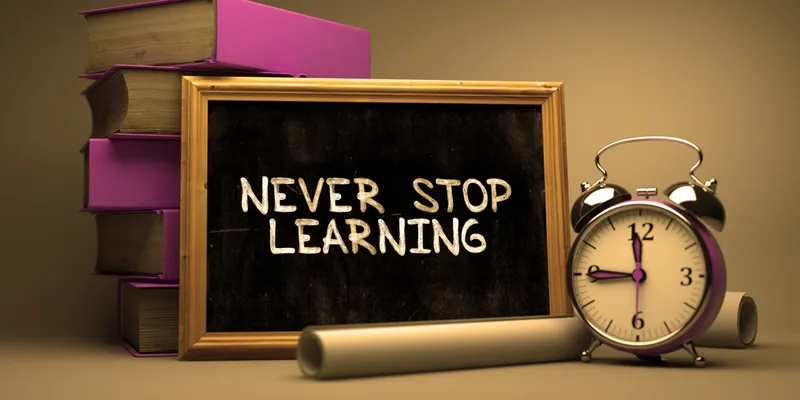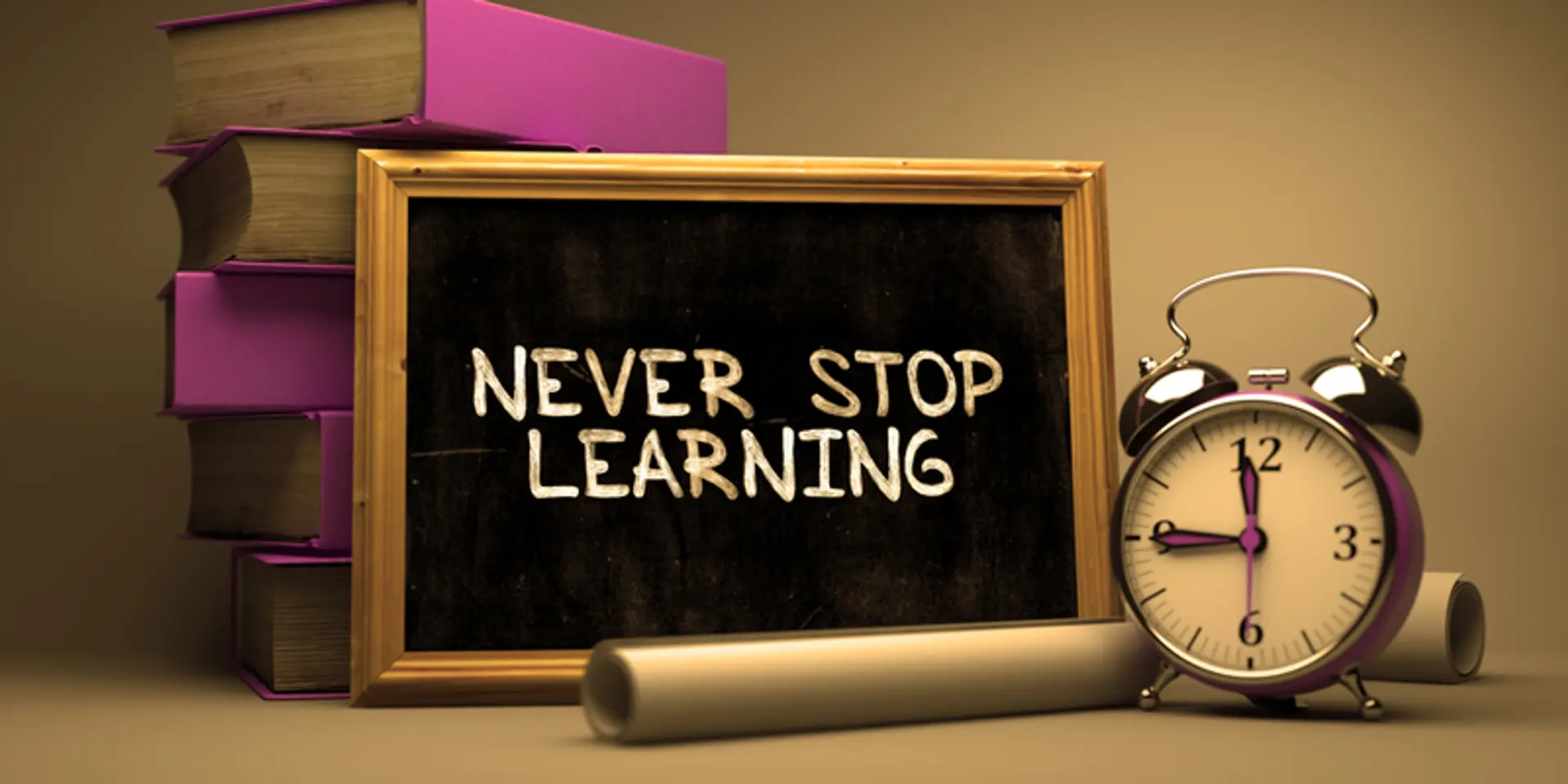Want to learn a new skill? Follow these 8 systematic steps
So you have wanted to pick up a useful skill for the longest time – what has stopped you? Most times, we don’t attempt something because we’re intimidated by the effort it takes and because we’re afraid of the disappointment from failing to see it through. But any task is made easy simply by taking one step at a time. So follow these steps to tackle that skill you’ve always imagined yourself having.

Image : shutterstock
Break it down
Deconstructing a goal into smaller segments is much like using a telescope. Long term goals can be hazy, and it is only when you break them up and bring the smaller pieces into focus that you will be able to achieve them. If, for instance, you want to learn to play the guitar, you should first aim at finger practices and chord progressions. Then you can learn easy songs through which you’ll practice the chord transitions. Small goals give you a better understanding of your performance levels, which according to Josh Kaufman, author of The First 20 Hours: How to Learn Anything…Fast , is essential for constant improvement.
Aim for good enough
High expectations are intimidating and can stop you from getting started. When you’re picking up a new skill, you’re basically exploring. Less pressure at this stage will give our mind more room to absorb information. Your expectation must be those smaller goals you’ve set and nothing more because the higher your aim, harder will be the fall, and greater will be the disappointment. Mastering a skill should, ironically, not be your agenda.
Think of reasons why you might give up
Predicting the moves of your enemy before heading into battle plays to your advantage as you can be better prepared. Learning a new skill can be frustrating and so, it’s only practical to consider the quitter in you as the enemy. This way, you’ll be better prepared to get past those obstacles. It could be that you’re stuck due to holes in research, it could be your insecurities about not being good enough, it could be distractions or the biggest vice of them all – laziness. Once you’re aware of these, it’ll be easier to be more disciplined.
Play smart
According to the Pareto principle, or the 80/20 rule, you can get 80 percent of results from just 20 percent of effort. If you’re learning a new language, picking up on the most commonly used words in everyday situations will help you converse in that language much sooner despite a limited vocabulary. Similarly, by learning the most common guitar chords, you’ll be able to play a higher number of songs as a beginner. Recognising these ‘sub skills’ is a great way to attain quick results. This can be highly encouraging in the initial stages of learning, motivating you to keep going.
Get friendly with the mundane
The prospect of a new skill is exciting. But practice can be cumbersome and mundane, stripped of all the enchantment of the skill. In some ways, it’s similar to scientific discovery. The idea can be exhilarating but only the scientist knows the drudging lab work and the back-breaking hours of data analysis that is required to get there. You don’t have to be discouraged, but only mentally prepared to see through the hours of practice that can seem disconnected from your final goal.
Don’t over train
Space out your practice sessions. Your mind needs enough time in between each to process all the information. Distancing yourself from repeated tasks is also a good way to gain new perspectives. Practising continuously can tire your brain out, and you will be practising the same thing, going in circles, without any improvement.
Make regular assessments
Every time we attempt a new task, our minds assess our progress and tell us of ways to improve. While learning a new skill, however, it helps to do this consciously, seriously, and systematically. Look at what was achieved in the last two days, what you could have done differently, and if your progress is slow, recognise the reasons for it and experiment with different approaches. Without these active and regular assessments of your progress, the act of learning a new skill almost always screeches to a halt.
Don’t be too proud to ask for help
We know you want to learn skills on your own terms, using books and the internet as resources. But learning can feel incomplete without a mentor. The whole process of learning a new skill will be faster if you gain insights from someone who already has that skill. A more experienced person will also give you valuable feedback on your performance, thereby complementing and strengthening your own assessment. give you valuable feedback on your performance, and will be able to point out your flaws, and el incomplu sit with assessme
We have not been gifted with the ability to fly. So in order to reach any goal, we need to first learn to walk and then run towards it. Learning a new skill requires the same patience, focus, and diligence. Now that you’re set, which skill do you want to learn?







